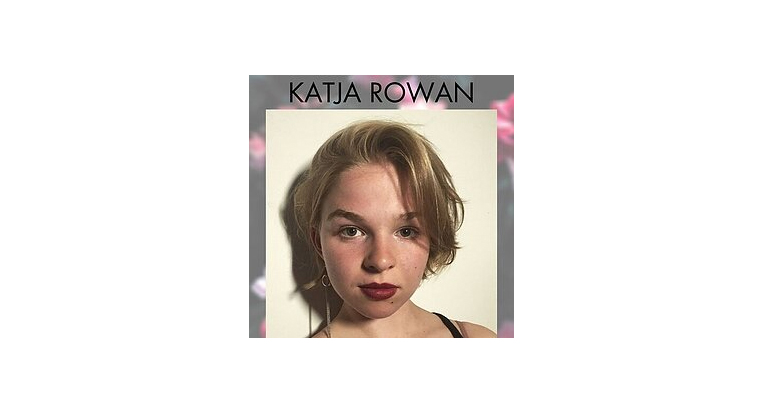Upcoming Contest Deadlines
If November doesn’t already feel high stakes enough, consider submitting to some writing contests. With deadlines of either November 1 or November 2, these awards include opportunities to publish both individual stories and poems, as well as book-length works. All offer a prize of $1,000 or more.
Alice James Books Alice James Award: A prize of $2,000 and publication by Alice James Books is given annually for a poetry collection by a poet residing in the United States. All entries are considered for publication. Deadline: November 2. Entry fee: $30.
Briar Cliff Review Writing Contests: Three prizes of $1,000 each and publication in Briar Cliff Review are given annually for a poem, a short story, and an essay. The editors will judge. Deadline: November 1. Entry fee: $20 (includes a copy of the magazine).
Fiction Collective Two Catherine Doctorow Innovative Fiction Prize: A prize of $15,000 and publication by Fiction Collective Two, an imprint of University of Alabama Press, is given annually for a novel, short story collection, novella, or novella collection. U.S. writers who have published at least three books of fiction are eligible. Joyelle McSweeney will judge. Deadline: November 1. Entry fee: $25.
Fiction Collective Two Ronald Sukenick Innovative Fiction Contest: A prize of $1,500 and publication by Fiction Collective Two is given annually for a novel, short story collection, novella, or novella collection. U.S. writers who have not previously published a book with Fiction Collective Two are eligible. Vi Khi Nao will judge. Deadline: November 1. Entry fee: $25.
Gotham Book Prize: A prize of $50,000 will be given annually for a book of fiction or creative nonfiction about New York City or that takes place in New York City published in the current year. Anna Akbari, Ric Burns, Stephanie Danler, Christina Greer, Tom Healy, Mitchell Moss, Patricia Park, Melissa Rivero, Safiya Sinclair, and Dennis Walcott will judge. Deadline: November 1. Entry fee: none.
Malahat Review Open Season Awards: Three prizes of CAD $2,000 (approximately $1,490) each and publication in Malahat Review are given annually for a poem or group of poems, a short story, and an essay. Rebecca Salazar will judge in poetry, Philip Huynh will judge in fiction, and Lishai Peel will judge in creative nonfiction. Deadline: November 1. Entry fee: $40 (includes subscription).
Nina Riggs Poetry Foundation Poetry Award: A prize of at least $1,000 will be given annually for a single poem that examines relationships, family, or domestic life that was published in a book or magazine in the last three years. Deadline: November 1. Entry fee: none.
North American Review James Hearst Poetry Prize: A prize of $1,000 and publication in North American Review is given annually for a single poem. Maggie Smith will judge. All entries are considered for publication. Deadline: November 1. Entry fee: $23 (includes an issue of North American Review).
Reed Magazine Edwin Markham Prize for Poetry: A prize of $1,000 and publication in Reed Magazine is given annually for a poem or group of poems. Matthea Harvey will judge. All entries are considered for publication. Deadline: November 1. Entry fee: $20 (includes a copy of the prize issue).
Reed Magazine Gabriele Rico Challenge for Creative Nonfiction: A prize of $1,333 and publication in Reed Magazine is given annually for an essay. Suzanne Rico will judge. All entries are considered for publication. Deadline: November 1. Entry fee: $20 (includes a copy of the magazine).
Reed Magazine John Steinbeck Award for Fiction: A prize of $1,000 and publication in Reed Magazine is given annually for a short story. Rita Bullwinkel will judge. All entries are considered for publication. Deadline: November 1. Entry fee: $20 (includes a copy of the prize issue).
Visit the contest websites for complete guidelines, and check out the Grants & Awards database and Submission Calendar for more contests in poetry, fiction, and creative nonfiction.





